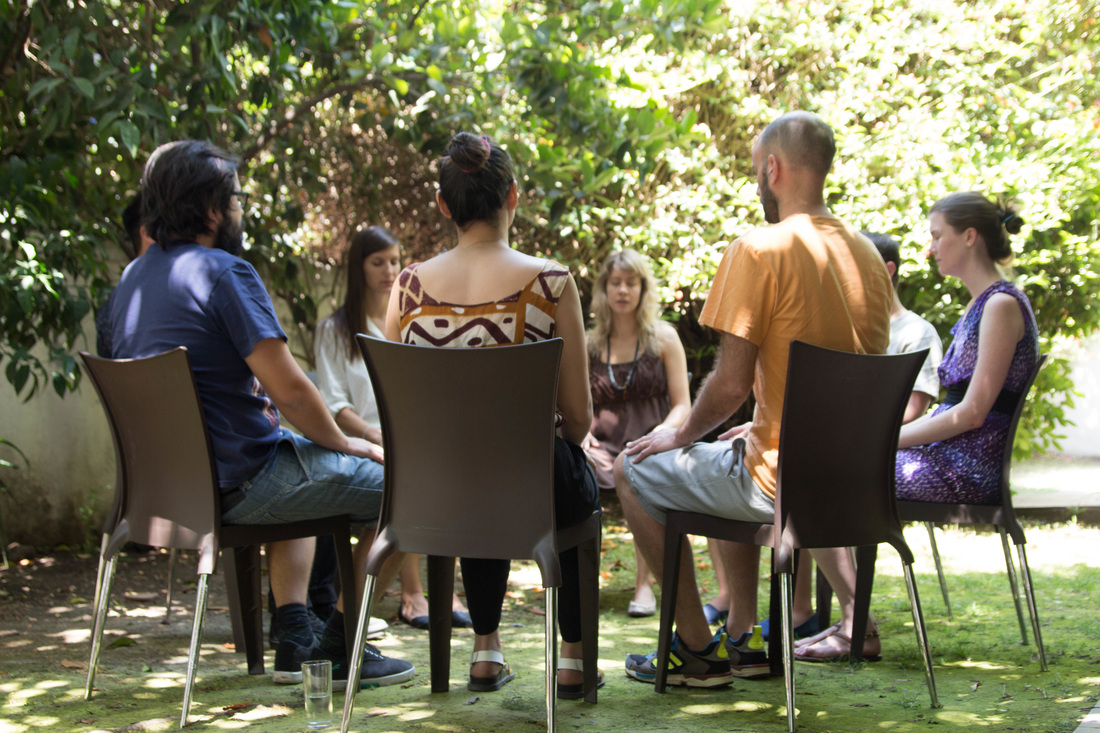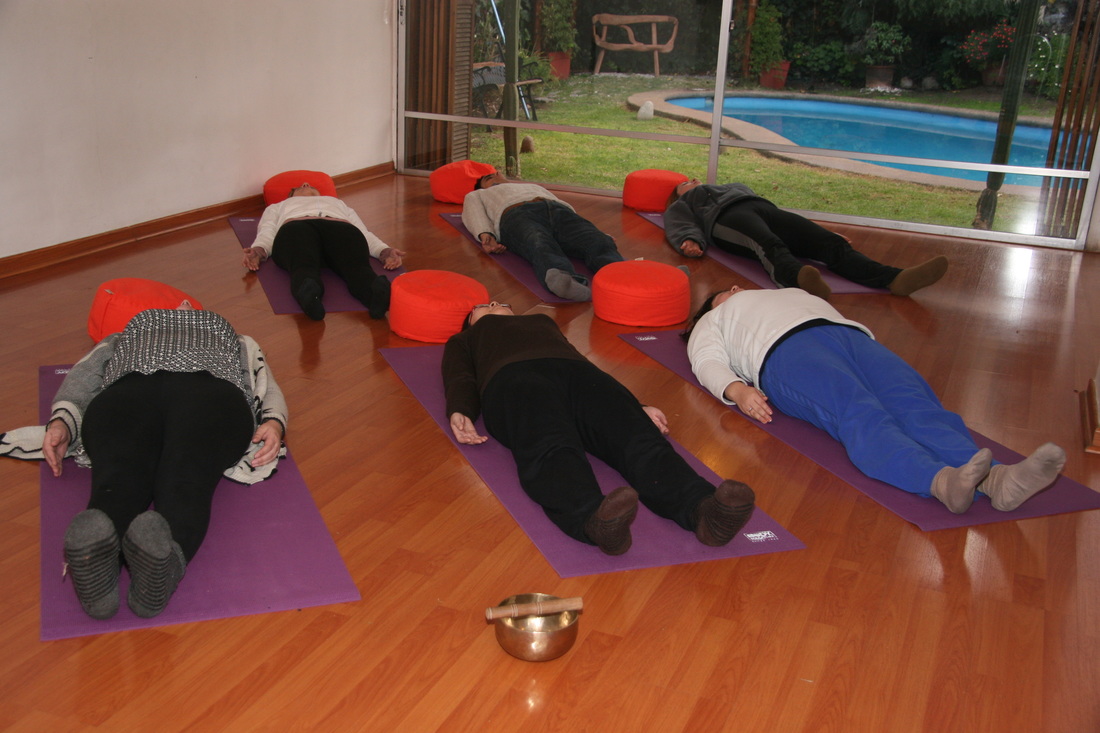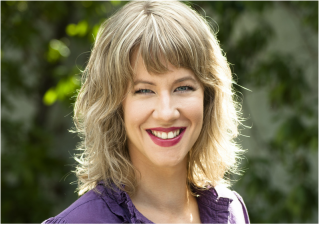Mindfulness in English in Chile
MBSR stands for Mindfulness-Based Stress Reduction.
The program was developed by Prof. Dr. Jon Kabat-Zinn in the Stress Reduction Clinic at the University of Massachusetts (USA) in 1979. It has been intensively applied in the health sector worldwide and is increasingly being used to foster wellbeing and personal development for people from a wide range of backgrounds.
Through MBSR we can discover our inner resources and learn a new way of dealing with physical and emotional stress. In the program we systematically train awareness through various exercises. We then increase our body awareness, handle our thoughts more efficiently and improve our emotional intelligence.
This leads to more clarity and inner peace, even if the external circumstances are challenging.
MBSR is considered the foundational program, from which many other mindfulness-based interventions were derived.
The program was developed by Prof. Dr. Jon Kabat-Zinn in the Stress Reduction Clinic at the University of Massachusetts (USA) in 1979. It has been intensively applied in the health sector worldwide and is increasingly being used to foster wellbeing and personal development for people from a wide range of backgrounds.
Through MBSR we can discover our inner resources and learn a new way of dealing with physical and emotional stress. In the program we systematically train awareness through various exercises. We then increase our body awareness, handle our thoughts more efficiently and improve our emotional intelligence.
This leads to more clarity and inner peace, even if the external circumstances are challenging.
MBSR is considered the foundational program, from which many other mindfulness-based interventions were derived.
Benefits
MBSR is the most scientifically-researched mindfulness program.
The following effects have been shown:
- Reduction of anxiety and depressive disorders.
- Reduction of pain sensations.
- Strengthening the immune system.
- More effective management of stressful situations.
- Better ability to relax.
- More confidence.
The following effects have been shown:
- Reduction of anxiety and depressive disorders.
- Reduction of pain sensations.
- Strengthening the immune system.
- More effective management of stressful situations.
- Better ability to relax.
- More confidence.
|
|
What is mindfulness?
Mindfulness stands for nonjudgmental moment-to-moment awareness. Mindfulness is not an abstract concept but a state of mind that we can train just like a muscle. This training is beneficial for people of all ages and education levels. The goal is the understanding and training of our own mind. This promotes long-term concentration, wellbeing, health and happiness.
Mindfulness courses, specially MBSR, are characterized by:
1) providing tools for everyday life
2) being based on science
3) secularity and neutrality
Mindfulness courses, specially MBSR, are characterized by:
1) providing tools for everyday life
2) being based on science
3) secularity and neutrality
Participants |
MBSR and mindfulness is open to people of all ages, cultures, life situations and levels of education. I distinguish between courses for adults, teenagers and children.
Mindfulness is NOT recommended if you're currently in an acute situation, such as: acute depression, acute burnout, suicide endangered or you have just recently lost someone. If you are not sure if your mental sanity allows for course attendance, please consult your psychiatrist. MBSR participants are mostly people who:
|
Format |
The classic MBSR format, as described by Jon Kabat-Zinn, consists of 8 group sessions (2.5 hours, once a week) and a Mindfulness Day (6 hours on a Saturday or Sunday).
The program also includes a personal interview before and after the course. You'll receive a detailed booklet, a course certificate and the digital files (CD and MP3 format) of the main exercises containing detailed instructions so that you can practice at home. You are invited to practice the exercises at home for 45 minutes per day during the duration of the course (two months). Home practice and gradually trying to integrate mindfulness into your daily routine is an important part of MBSR, as it allows you to get the most out of the classes. MBSR is systematic and accompanied mindfulness training. Each of the weekly group sessions includes:
|
|
The teacher - Christine Freiburghaus
Born in Switzerland in 1980, I studied Political Sciences and International Relations at the University of Geneva. I then worked internationally in the field of sustainable development in different companies and universities. Mindfulness meditation helps me to stay more connected to myself and thus become more balanced and relaxed. In 2014 I started the training of several years to become an MBSR teacher at the Center for Mindfulness in the University of Massachusetts (USA). The center was founded by Jon Kabat-Zinn and teachers included Florence Meleo-Meyer, Robert Smith and Saki Santorelli. Currently I’m a Qualified MBSR Teacher. With the pioneer of corporate mindfulness training, Chade-Meng Tan, I took the "Search Inside Yourself" course in 2013 in the USA. The same year I opened Plenamente in Santiago de Chile running mindfulness training for individuals and companies and individual as well as executive coaching. My mother tongue is German and I work in Spanish, English and German. |


